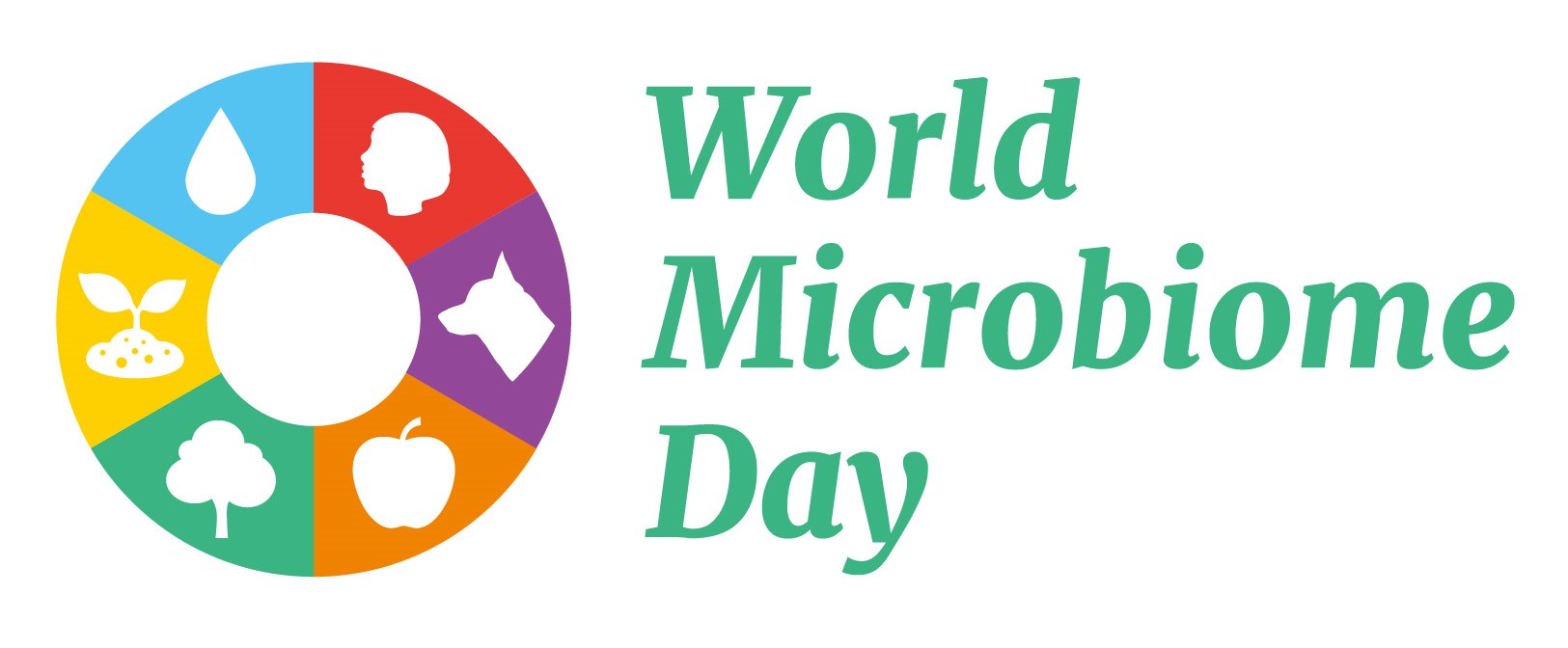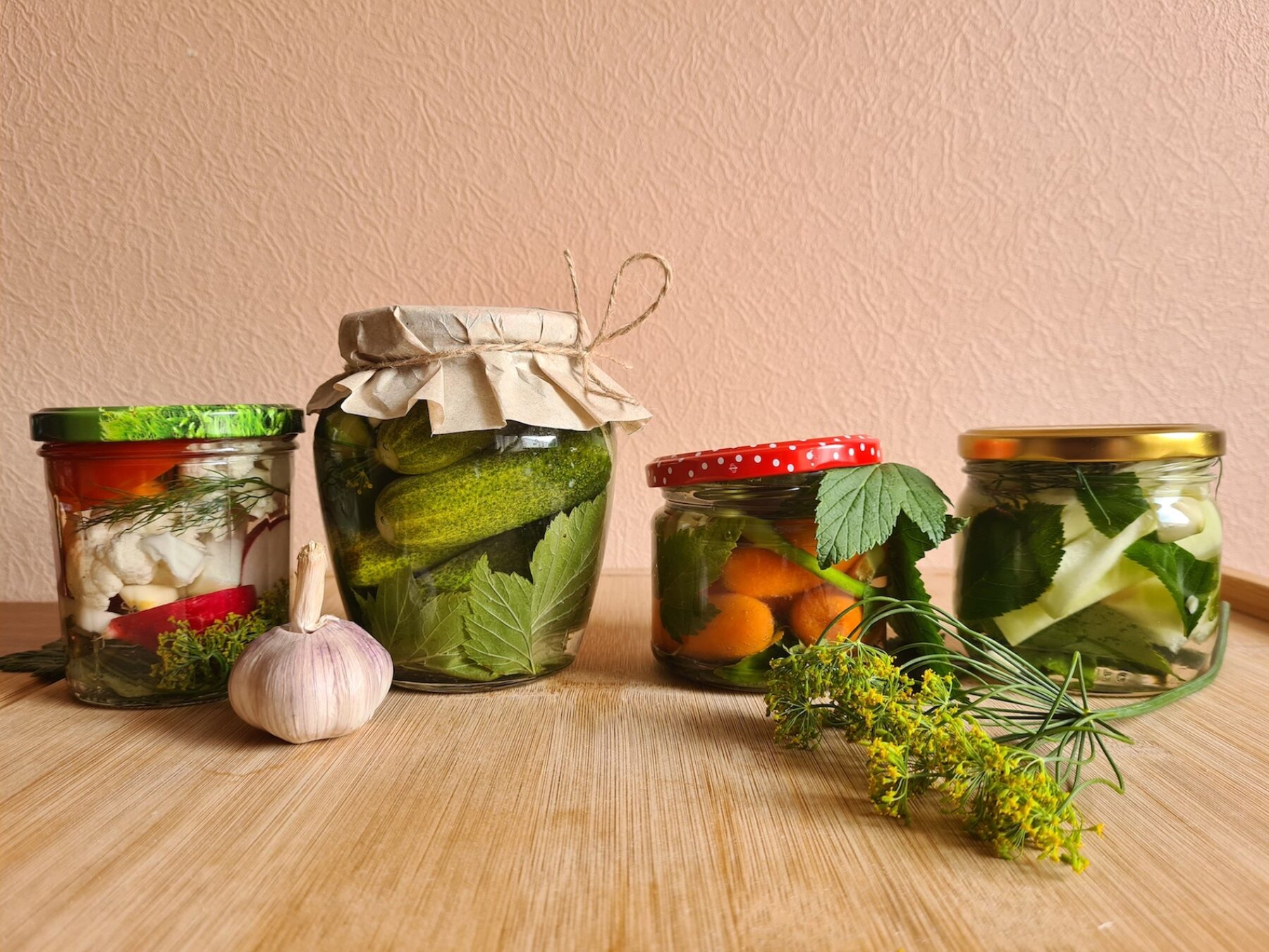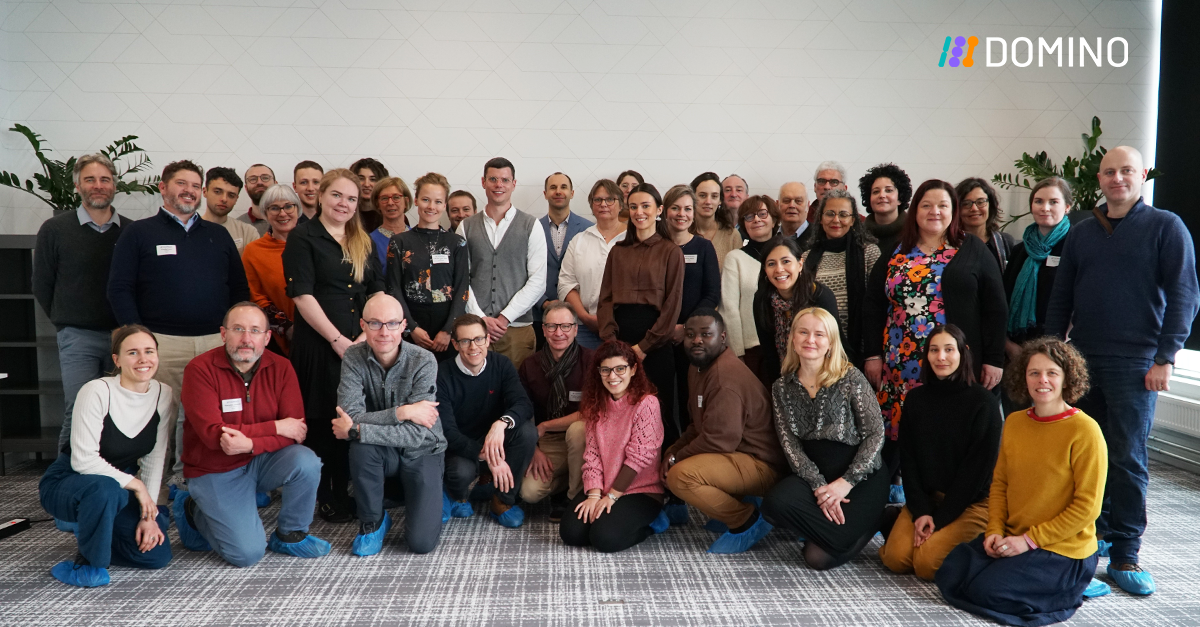Your body is home to trillions of microorganisms, including bacteria, yeasts, and viruses, which live in various areas such as your skin, nose, mouth, and gut. Many of these microorganisms reside in your gut, and among these, the bacteria there play a particularly important role in regulating your health through hormone regulation, metabolism regulation, immune response, and digestion. But that’s […]
DOMINO’s Profile on the EU CAP Network, EIP-AGRI Project Database
The EIP-AGRI (The Agricultural European Innovation Partnership) project database is hosted by the EU CAP Network, a network that aims to optimise the flow of information about agriculture and rural policy within the EU. The EIP-AGRI Project Database features projects from across Europe that boost innovation and knowledge exchange for agriculture, forestry and rural areas. […]
Now available: Open Source of Food Metagenomic Data (FMD)
The DOMINO project is dedicated to enhancing publicly available resources that deepen our understanding of the complex science behind fermented foods. To achieve this, we’ve developed the Food Metagenomic Data (FMD) database—which offers insights into the diverse microbial communities present in various fermented products. FMD is an open source resource that includes 2,533 metagenomes* from […]
Celebrating World Microbiome Day 2024
This year to celebrate #WorldMicrobiomeDay, we are sharing some resources from the DOMINO project and its collaborative initiatives! The theme of 2024 was “Feed your microbes – How diet shapes your gut microbiome”. Dive in to the information below to learn more about how microbiomes play an important role for our health and everyday lives. […]
Meet our DOMINO Microbiome Ambassadors!
#MicrobiomeAmbassador is a campaign initiated by the EU project MicrobiomeSupport. This is a social media campaign aimed at all microbe enthusiasts to share why they love microbes and their communities (a.k.a microbiomes). Through this campaign, we see the faces behind the research, and get a glimpse into why the microbiome is important for them. Meet […]
From kimchi to kefir: why ancient wisdom on food fermentation remains good for our gut (Positive News article)
Learn about the ancient wisdom about fermented foods! Read all about it in the Positive News article guided by Rain Kuldjärv, a food researcher at TFTAK, author & project partner of the DOMINO project. Read the full article on the Positive News website, here: www.positive.news/environment/food/why-ancient-wisdom-on-food-fermentation-remains-good-for-our-gut/ For more inspiration, check out Rain Kuldjärv’s “Fermentation: Plain and […]
Fermented foods: What are they, and what is their impact on our health?
Fermented foods have been consumed around the world for centuries. Today, they endure in kitchens, restaurants and markets, where an estimated 5000 types of fermented foods are eaten worldwide, making up 5-40% of human diets. As certain foods and beverages such as sourdough bread and kombucha rise in popularity and receive trend-worthy recognition, it begs […]
DOMINO Newsletter #1
Download the link below to view our project newsletter.
DOMINO Newsletter #2
Download the link below to view our project newsletter.
Domino’s First Annual Meeting in Tallin
Between 13th and 15th March 2024, all the partners of Domino convened to celebrate the end of the first year of the project, present what has been done and discuss the next steps. The meeting took place in Tallin, Estonia, hosted by Domino’s partner TFTAK. During these three days of work, we reviewed all the […]








